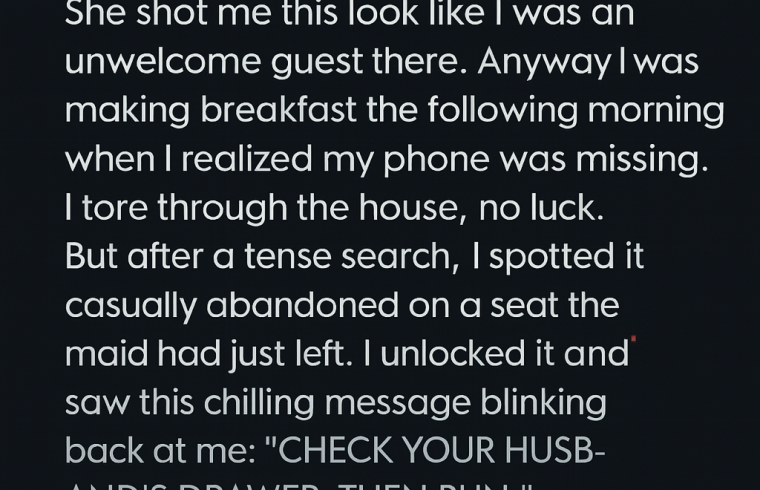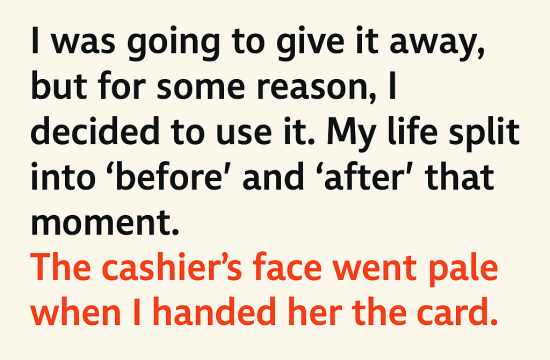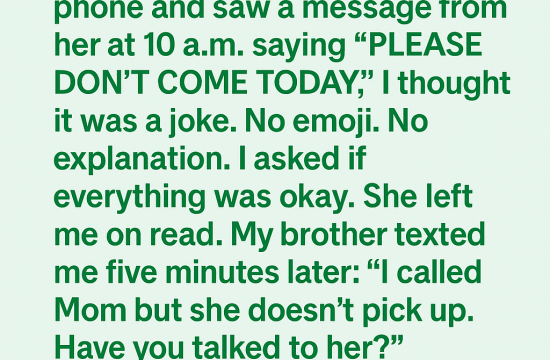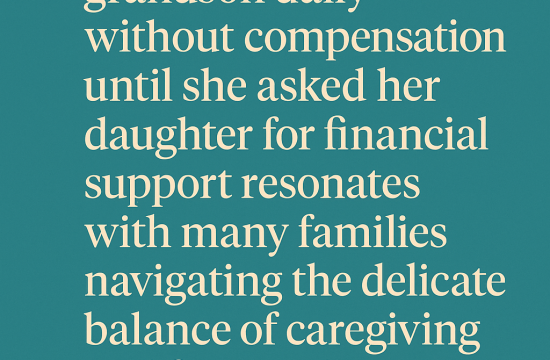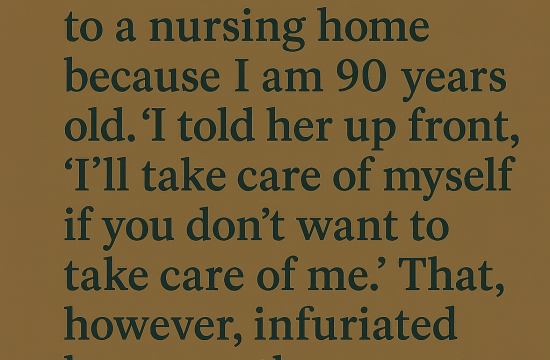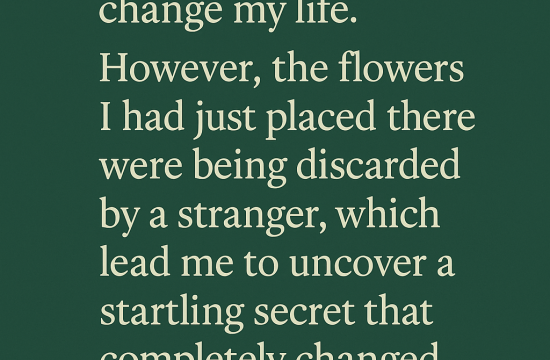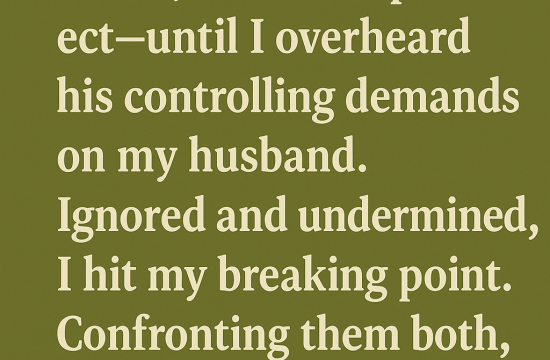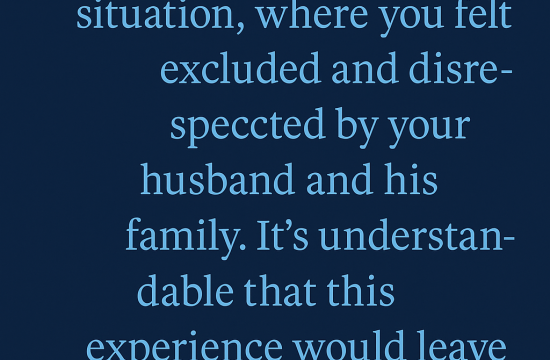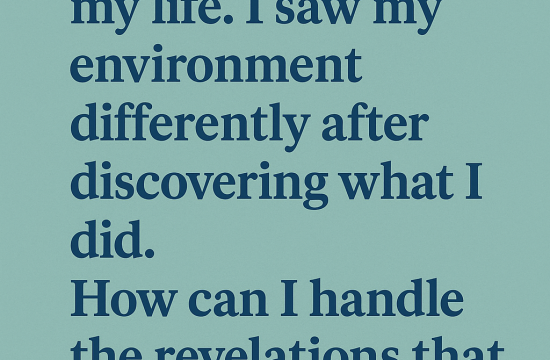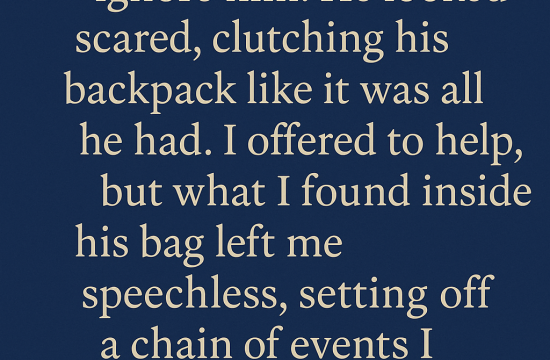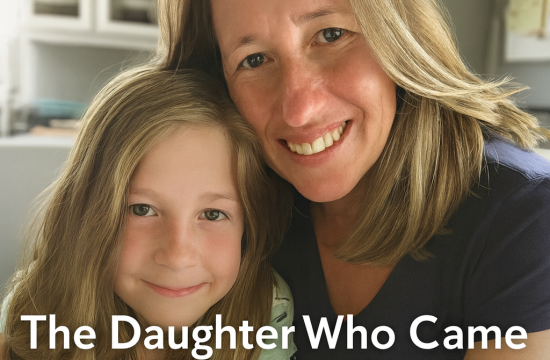When I married George, I thought I had stepped into a dream. His family’s sprawling estate felt like a world away from my modest upbringing. Marble floors, high windows that spilled sunlight onto antique rugs, and a garden that smelled of roses in every season — it was breathtaking.
But not everyone welcomed me. Valerie, the long‑serving maid, kept her tone clipped and her gaze cold, as if I were some intruder who didn’t belong. I told myself it would take time. I was determined to settle in, to earn her trust, to make this new chapter work.
One quiet morning, as I prepared breakfast in that cavernous kitchen, Valerie brushed past me. Her voice was low but sharp, almost trembling:
“Hurry up and serve the family… and watch yourself.”
The words unsettled me, but before I could ask what she meant, she disappeared down the hall. I reached for my phone to distract myself — only to realize it wasn’t where I’d left it. Moments later, I found it lying on the counter, screen lit with a single chilling message:
“Check your husband’s drawer. The top left one. Then RUN.”
My chest tightened. My mind spun. But my hands moved before my doubts could stop them. I climbed the grand staircase, my heartbeat thundering in my ears, and stepped into George’s private study. The drawer slid open with an almost reluctant groan.
Inside lay a neat stack of letters bound by a pale blue ribbon, their edges yellowed with time. Every envelope was addressed to the same woman: Elena.
With trembling fingers, I unfolded them one by one. The words bled with a love so deep it hurt to read. Promises of escape, whispered plans to start over, desperate longing. Then I reached the last letter — dated just days before George proposed to me.
“I’m sorry,” it read. “I can’t do this. I have to choose the life expected of me. Forget me, Elena. Please… try to forget me.”
My stomach dropped. My marriage suddenly felt like a lie built on the ruins of someone else’s love story. But it didn’t end there. Tucked beneath the letters was a small brass key.
Compelled by something I couldn’t name, I followed the creak of the attic stairs, dust rising in golden beams of light. When I unlocked the old cedar door, my breath caught.
The attic walls were covered with photographs. George and Elena laughing in sunlit fields, their arms around each other at candlelit dinners, her head on his shoulder under a winter sky. And then, on a small table in the corner, an ultrasound image — a tiny life captured in grayscale.
My knees nearly buckled. They were expecting a child. A child George had never spoken of.
A soft voice startled me. Valerie stood in the doorway, her eyes wet with tears and fury.
“Elena was my sister,” she whispered. “He left her when he found out the baby had Down syndrome. She waited for him… until she couldn’t anymore.”
Her words sliced through the air. I barely remember stumbling out of the attic, the world tilting under my feet. When I confronted George, the silence between us was louder than any argument. He couldn’t deny it — the letters, the child, the cruel choice he had made.
The fallout was swift. His parents, horrified by the truth, cut him off from the family fortune and directed those funds toward Elena and the child he had abandoned. They insisted I leave, promising me protection and support. Through their help, I secured a divorce and, with the settlement they offered, built something far greater than my broken marriage.
I founded a charity for children with disabilities — in honor of Elena’s baby, whose laughter I finally heard the day I met them both. That child, bright-eyed and curious, had survived a heartbreak they never deserved.
My marriage began as a fairy tale and ended with the kind of truth that shatters illusions. But out of the wreckage, I found a purpose that mattered far more than a title, a house, or a ring.

